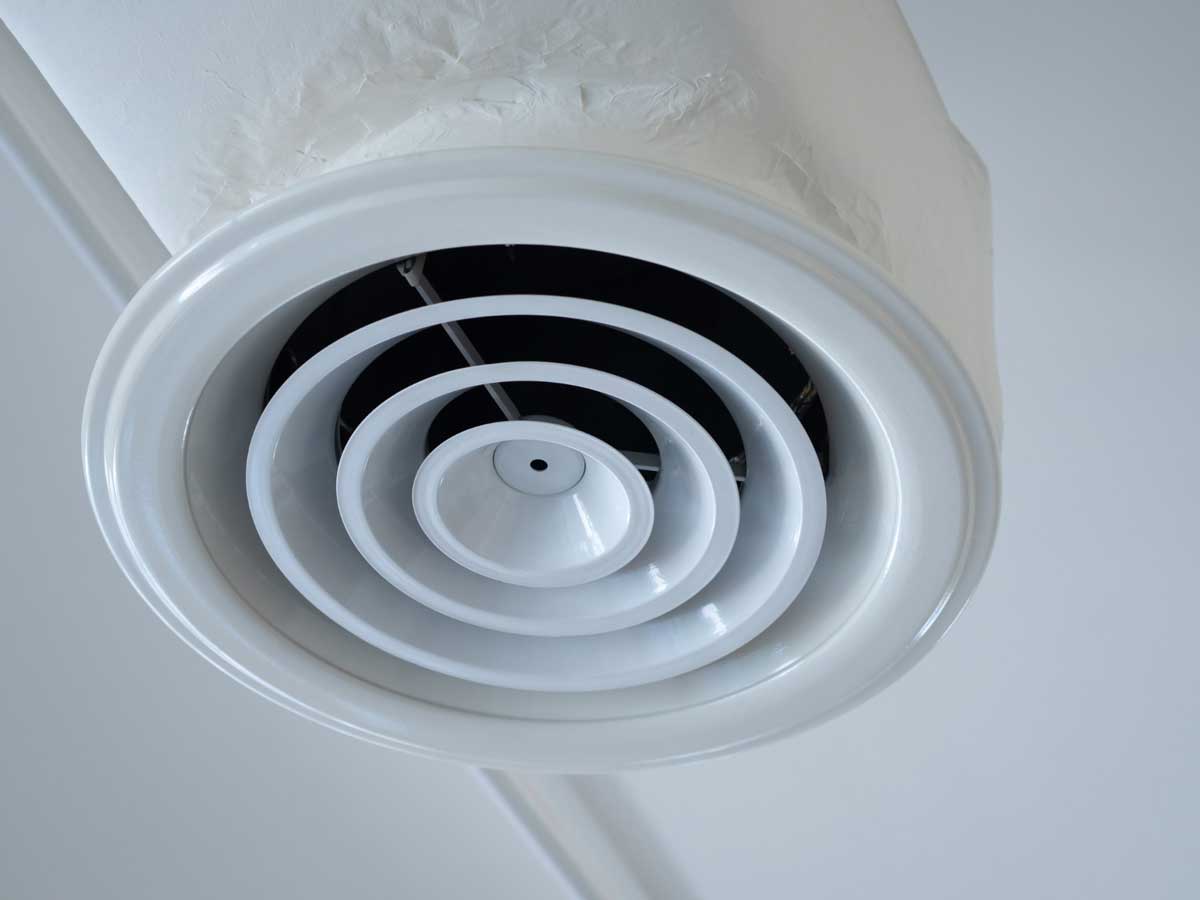Condensation, or small droplets of water forming on your air ducts, may not seem like a big deal. What’s the harm of a little water? Unfortunately, over time, these little bits of water will build up and start to stain anything near it, including drywall, carpets, and ceilings.
Unsightly stains are just the beginning. When the water gets into your air conditioner or furnace it can cause damage. If there is enough water, and if the condensation is left unresolved for long enough, it can even cause structural damage to your home by wearing away wooden supports. Condensation can also cause mold and mildew growth, resulting in damage and foul odors throughout your home.
Plus, condensation can be a sign that there is some kind of problem with your HVAC system. So, why are you getting condensation and how do you stop it? There may be some climate causes, or they may be due to problems with your HVAC system. Here’s what you need to know if you have noticed condensation on your air ducts.
- Environmental Causes
When there is a big difference between the temperature in the air and the temperature in the air ducts, condensation can naturally occur. This is more likely if your home has a lot of humidity. You can run a dehumidifier to reduce it, but this might be uncomfortable depending on what kind of humidity conditions you have. Otherwise, insulating your air ducts can get rid of the problem if it is just the result of a temperature difference.
Does Insulating Air Ducts Really Work?
Yes, insulating your air ducts will prevent condensation issues. What it does is protect the air inside the ducts from the temperatures outside of them. When they don’t touch, they won’t have the chance to generate condensation. If the whole system is insulated, then your condensation problems should be over.
Insulating your air ducts may not be the right way for you to get rid of condensation, depending on what’s wrong with your system. If your moisture problems are caused by an issue in the HVAC system, it is far better to get that issue repaired before you insulate the air ducts. That way, the underlying problem is addressed, and you won’t have to deal with the results if you’d left it unchanged. That might be an inefficient HVAC system, cold or warm spots in the house, increase utility bills, strain on your air conditioner, and much more.
HVAC Problems that Lead to Condensation
Sometimes there are more significant HVAC problems that lead to condensation issues. These include:
- Broken fan: If the fan isn’t pumping conditioned air out through the vents, it is more likely that the air in the vents won’t be the same temperature as the air outside of the vents. This will cause condensation.
- Clogs: Clogs in the vents will also prevent proper airflow which can increase the temperature differences that give rise to condensation problems.
- Dirty filter: It may seem odd, but if you’ve left an HVAC filter for too long, then it is possible that it will become dirty and clogged, which can limit airflow through the system and create condensation.
- Leaks: If there are leaks in your air ducts it may cause local condensation right there as the cold air leaks out into the hot environment.
- Evaporator coil problems: On your air conditioner, evaporator coil problems, including just not being cleaned regularly, can cause condensation.
- Refrigerant leaks: Also on your air conditioner, a refrigerant leak can also cause condensation issues.
Most of the issues that lead to condensation on your air ducts may also make your home less comfortable, limiting the flow of conditioned air to some or all of your home. If these issues go unaddressed you may start to feel cold spots, and your HVAC system may run less efficiently, resulting in a higher electricity bill. It’s always wise to address condensation issues as soon as you can, so that you can avoid these additional problems and get a better functioning HVAC system altogether.
Are you ready to solve the problem of condensation on your air ducts before it starts to cause more problems? Reach out to us at ClearView Services to get help with your condensation problems and stop them once and for all.






